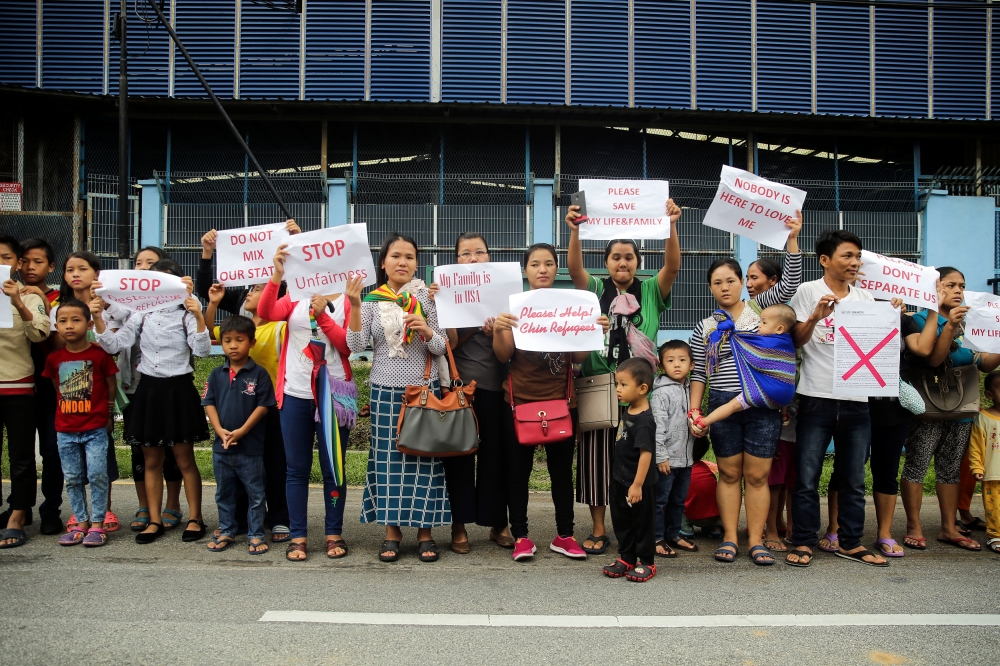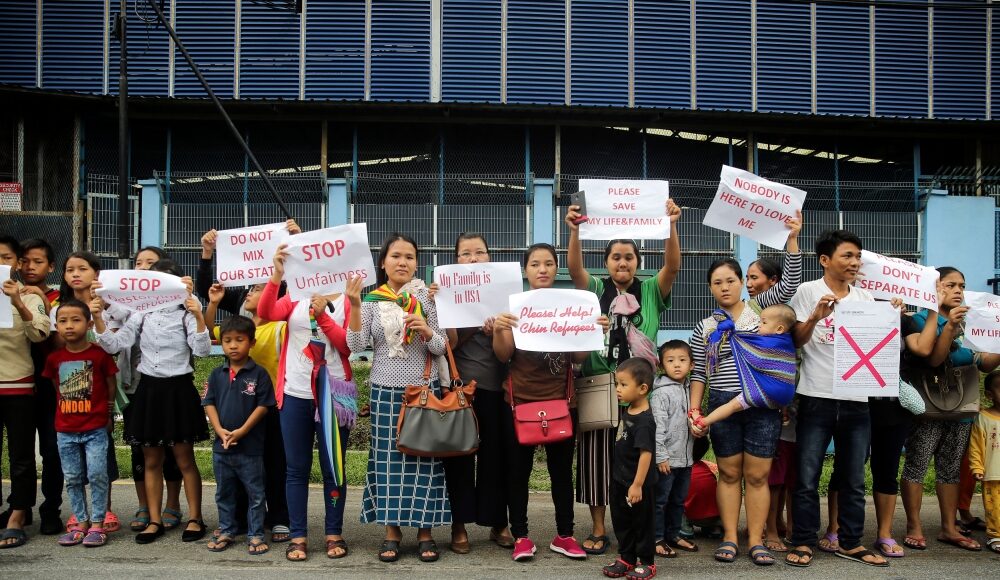MAY 25 — The ascent of Donald Trump on 20 January 2025 as the 47th President of the United States has ushered in sweeping changes to both US domestic and foreign policies, guided by his “America First” ideology. It therefore came as no surprise when, shortly after assuming office, Donald Trump, via his newly established Department of Government Efficiency (DOGE), headed by billionaire Elon Musk, targeted and swiftly dismantled the United States Agency for International Development (USAID) on the purported grounds that USAID squandered American taxpayers’ money by financing the development of foreign nations.
The suspension of US foreign aid and the dismantling of USAID risk endangering the lives of the most vulnerable. It has sent many Global South countries, who are historically beneficiaries of international aid, on soul-searching journeys as they reflect on their dependence on aid money. Regardless of the debate over whether international aid constitutes a form of neocolonialism for extending Western influence in the world’s poorest regions, its role in saving and improving lives by providing food security, healthcare, education, and economic development is indisputable.
The dismantling of USAID portends a retreat from the liberal international order established by the West following World War II. It also has far-reaching implications for UN funding, especially for agencies like UNHCR, which rely heavily on voluntary contributions from donor countries. In 2024, the United States provided over US$2 billion to UNHCR, amounting to one-fifth of the agency’s annual expenditure.
Following the suspension of this funding, UNHCR is staring down a bleak future as it is forced to scale back global operations to stay afloat. As the tap runs dry, the already precarious lives of refugees will be further upended.
Although Malaysia is not a signatory to the 1951 Refugee Convention or its 1967 Protocol, UNHCR has maintained a presence in the country since the influx of Vietnamese refugees in 1975. In the absence of domestic legislation addressing asylum protection, UNHCR Malaysia has long assumed a quasi-governmental role, providing protection and humanitarian assistance to refugees in the country.
However, the operations of UNHCR Malaysia are now under serious threat due to the global funding crisis, with UNHCR Malaysia itself having to downsize and restructure. If the situation continues to deteriorate, its presence in the country may come into question.
It is well established that refugees and asylum seekers are denied access to fundamental rights and basic services such as education and healthcare in Malaysia. Moreover, they live under the constant threat of arrest and indefinite detention. Without UNHCR Malaysia, these communities are ultimately abandoned without any forms of protection. For all its limitations, the presence of UNHCR is cardinal to the survival of the refugee communities in Malaysia for decades.

Against this backdrop, it is high time for the Malaysian government to assume a more active role in supplementing UNHCR’s work, with a view to eventually taking over the responsibility for adjudicating asylum claims and providing protection. The ongoing Rohingya crisis and Myanmar’s civil war show no signs of abating. Coupled with other global conflicts and instability, Malaysia must recognise the gravity of the situation before it escalates into a broader social crisis.
The first step is to establish a national asylum system through the enactment of new legislation. Like many Southeast Asian countries, Malaysia currently lacks such a system. In contrast, countries like the United Kingdom, Germany, and the Scandinavian states have well-developed frameworks for receiving and processing asylum applications. Without a national asylum system, refugees are treated as illegal migrants in Malaysia. Yet unlike migrants, they are unable to return home due to threats to their safety.
The distinction between migrants and refugees underscores the importance of a national asylum system, which would be responsible for all activities related to the documentation and protection of refugees. A national asylum framework should also include the right to work, allowing refugees to support themselves and contribute economically. As a party to the United Nations Convention on the Rights of the Child (CRC), Malaysia is also arguably bound to protect refugee children’s right to education, regardless of their origin.
Opponents often argue that implementing a national asylum system in Malaysia would open the floodgates to an influx of asylum seekers, thereby straining national resources. However, contrary to popular belief, a 2019 study by IDEAS estimated that, if granted the right to work, refugees could contribute around RM3 billion to Malaysia’s annual GDP by 2024.
Nonetheless, any move to establish an asylum system must go hand-in-hand with efforts to strengthen the Malaysian borders and immigration controls, which remain porous and vulnerable to corruption. In September 2024, 49 Immigration Department officers were accused of colluding with syndicates to facilitate the illegal entry of foreign workers.
Weak border enforcement enables not just irregular migration but also human trafficking, posing serious threats to human lives. In 2015, mass graves containing over 100 bodies, including Rohingyas, were discovered in Perlis, near the Malaysia–Thailand border. If Malaysia were to open its doors to those seeking safety, its borders must be fortified against corruption and human trafficking, with safe and legal channels for asylum seekers to enter the country.
The current geopolitical shift triggered by the United States presents a historic opportunity for Malaysia to envisage bold solutions for our refugees’ dilemma. With the United States turning increasingly isolationist and the rest of the world grappling with the repercussions, it is time for Malaysia to stop looking elsewhere for help and start building its own capacity to respond.
* This is the personal opinion of the writer or publication and does not necessarily represent the views of Malay Mail.





